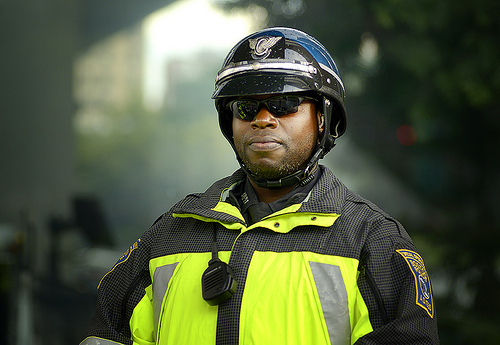 The Springfield Republican recently published an article about the arrest of a man this past Friday by the Holyoke Police Department. The man is a bus driver who transports students in Holyoke. At the time of his DUI arrest last friday he was driving children to their homes as a part of his afternoon duties. According to police he was not driving a yellow school bus, but rather a maroon van.
The Springfield Republican recently published an article about the arrest of a man this past Friday by the Holyoke Police Department. The man is a bus driver who transports students in Holyoke. At the time of his DUI arrest last friday he was driving children to their homes as a part of his afternoon duties. According to police he was not driving a yellow school bus, but rather a maroon van.
Trouble for the man started when a school employee noticed alcohol on his breath. The school employee called the police and the police eventually found the man and arrested him on charges of DUI (commonly referred in Massachusetts as OUI or Operating Under the Influence) The police also charged the man with Child Endangerment because school children were in his van when he allegedly drove under the influence.
Child endangerment while operating under the influence is a very serious charge that enhances the potential penalties above and beyond the average first offense DUI. If the man goes to trial and loses, or pleas out to this offense he will not be eligible for a continuation of the case without a finding. (a common way for a first offender to enter a plea deal while not actually being found guilty) The statute concerning child endangerment forbids any attempt by the court to continue the case without a finding. Also if he is convicted he will face a license loss of 1 year as opposed to most first offenders who usually face no more than 90 days of suspension.
Of course the article is very vague and leaves the reader guessing as to the strength of the case against the man. First and foremost whether or not the child endangerment charges can proceed against the man depends on the age of the children he was driving. Only children aged 14 or younger satisfy the requirement of the statue. If the children were older high school students the child endangerment portion of the case could very well be thrown out on a motion to dismiss prior to the case ever reaching trial.
The article mentions that the man took a breathalyzer test, but declines to tell the reader which kind of breathalyzer test, or the score he had on the test. Massachusetts police officers usually have two kinds of breathalyzer tests at their disposal. Roadside hand held breathalyzer tests are often used in the field, but the results of such tests are generally not admissible in court. If the man took the portable breath test, but declined the breath test at the station there may not be any breath test evidence that woudl be admissible against him at trial.
Also the report is silent on whether or not he took any roadside field sobriety tests, or if he did take them how well he performed on them. Even if the man refused to take the field sobriety tests the Commonwealth will not be able to inform the jury of that information at his trial. (for a detailed discussion of why field sobriety test refusal cannot be used against a defendant at trial read Commonwealth v. McGrail)
 Massachusetts Criminal Lawyer Blog
Massachusetts Criminal Lawyer Blog


 A hotly debated topic in criminal law circles is the limits on police to exercise their authority when they are off duty or outside of the jurisdiction where they are employed as officers. While some citizens are comforted by the idea that a police officer may take action at any time to exercise their authority, others see off duty police exercising their authority outside of their sworn jurisdictions to be an invitation to misconduct and potential peril.
A hotly debated topic in criminal law circles is the limits on police to exercise their authority when they are off duty or outside of the jurisdiction where they are employed as officers. While some citizens are comforted by the idea that a police officer may take action at any time to exercise their authority, others see off duty police exercising their authority outside of their sworn jurisdictions to be an invitation to misconduct and potential peril.